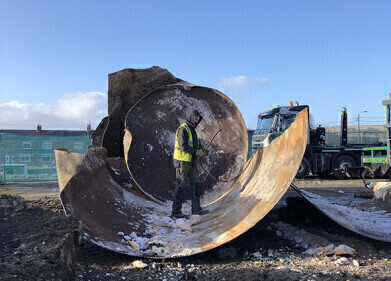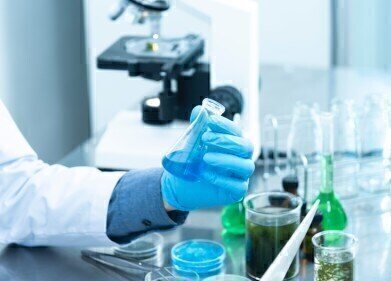Soil remediation
Kentucky's largest soil remediation project planned to start next month
Jun 17 2013
A soil remediation project will soon be underway to remove the contaminated soil found at 69 homes near a former pesticide factory in Louisville, Kentucky. The massive project has been planned by Kentucky environmental officials and could be the largest soil remediation scheme seen in the state.
Around 69 homes will be part of the project to remove contaminated soil in July or August of this year, following public meetings and letters being sent to residents. The project could cost around one million dollars (£637,000) and will remove contaminated soil caused by the former Black Leaf Plant near the Park Hill neighbourhood in Louisville.
According to Bruce Scott, the commissioner of the Kentucky Department for Environmental Protection, the US Environmental Protection Agency (EPA) is working with the state to get liable companies to pay for the project. The state and the EPA are attempting to get court orders for any companies who are potentially involved in the soil pollution to provide remuneration, but the process will take time. The project will not wait for the court orders as delayed action could lead to further problems.
The former Black Leaf plant is in the midst of industrial areas, a rail yard and a residential area. It was initially used in the production of a nicotine-based insecticide that is no longer produced, but the site has also been used by a variety of businesses for their production of chemical and wood products. EPA officials have said that any one of these businesses may be responsible for some of the pollution found in the area's soil.
The contaminated soil was first discovered three years ago following an investigation by state officials into the possibility of redeveloping the former plant. The discovery that the property was possibly an environmental threat prompted a further investigation and in 2010 Kentucky Division of Waste Management found high levels of toxic heavy metals - including lead and arsenic - as well as high levels of pesticides that included DDT and dieldrin - both of which are now banned.
Events
Aug 24 2025 Stockholm, Sweden and online
Aug 27 2025 Busan, South Korea
Sep 02 2025 Mexico City, Mexico
Sep 02 2025 Mexico City, Mexico
Sep 09 2025 Moscow, Russia







.jpg)






